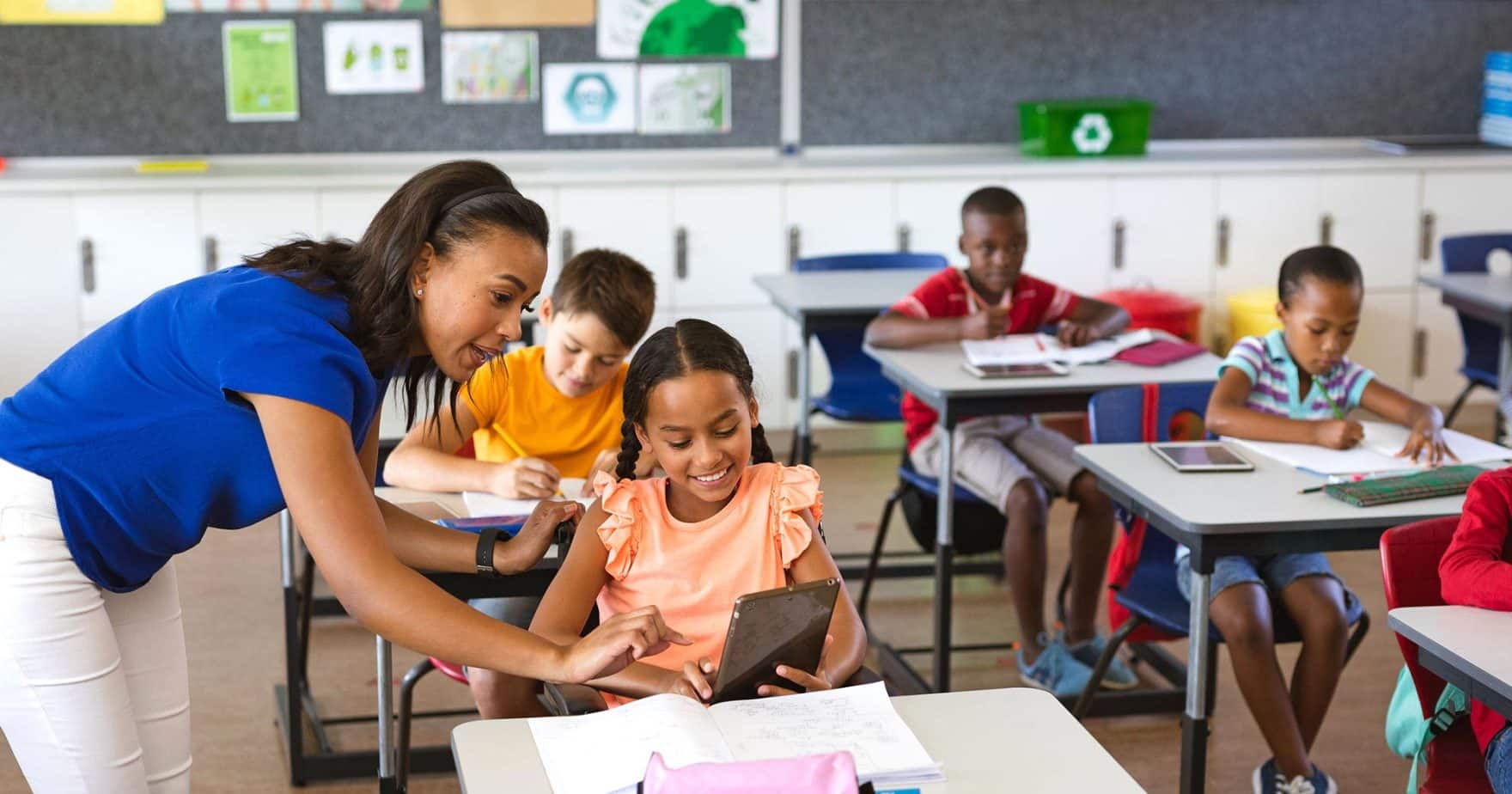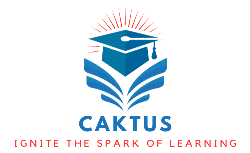
Empowering Diverse Learners: A Comprehensive Look into the World of Special Education
In the tapestry of human diversity, education plays a pivotal role in shaping individuals and fostering a just and equitable society. Special education stands out as a crucial component of this endeavor, dedicated to empowering individuals with disabilities to reach their full potential.
Defining Special Education:
Special education encompasses a wide range of specialized instructional strategies and services designed to meet the unique needs of students with disabilities. These students may exhibit challenges in areas such as cognitive development, physical abilities, communication, sensory processing, or emotional and behavioral regulation.
Purposes of Special Education:
The goals of special education extend far beyond academic achievement. Its primary objectives are to:
- Identify and assess individual strengths and challenges.
- Develop customized Individualized Education Programs (IEPs) tailored to each student’s specific needs.
- Provide specialized instruction, therapies, and assistive technology to support learning.
- Promote independence, self-advocacy, and social inclusion.
- Collaborate with families and other professionals to ensure a holistic approach to student success.
Types of Disabilities Served:
Special education caters to a diverse spectrum of disabilities, including:
- Learning disabilities (e.g., dyslexia, dyscalculia).
- Intellectual disabilities.
- Autism spectrum disorder.
- Speech or language impairments.
- Hearing impairments.
- Visual impairments.
- Physical disabilities.
- Emotional and behavioral disorders.
- Traumatic brain injuries.
Delivery Models:
Special education services are delivered in a variety of settings, including:
- Self-contained classrooms within mainstream schools.
- Resource rooms for specialized instruction and support.
- Inclusionary settings where students with disabilities participate in general education classes with additional support.
- Home-based instruction for students with complex needs.
Benefits of Special Education:
The impact of special education extends beyond the individual, positively influencing families, communities, and society as a whole. Some of the key benefits include:
- Improved academic outcomes and increased graduation rates for students with disabilities.
- Enhanced self-esteem, social skills, and independence for individuals with disabilities.
- Reduced stigma and discrimination associated with disabilities.
- A more inclusive and equitable society that recognizes and values diverse abilities.
Challenges and Considerations:
Despite its significant contributions, special education faces challenges that require ongoing attention and advocacy:
- Ensuring adequate funding and resources to meet the diverse needs of students with disabilities.
- Addressing the shortage of qualified special education teachers.
- Promoting early identification and intervention to optimize learning outcomes.
- Fostering inclusive school environments that embrace diversity.
- Collaborating effectively with families and stakeholders to ensure a holistic approach to student success.
Conclusion:
Special education stands as a beacon of hope and empowerment for individuals with disabilities, providing the necessary tools and support to navigate the world and achieve their aspirations. By recognizing and embracing the unique strengths and challenges of all learners, we can create a more inclusive and equitable society where every individual has the opportunity to thrive.
